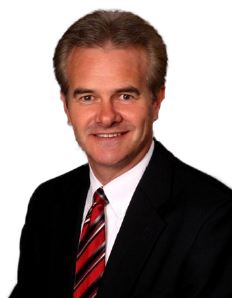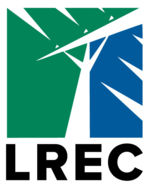You’ve likely heard the term Distributed Generation or DG. DG refers to generally small-scale electric generation facilities (for instance, a solar panel or wind turbine) that is privately-owned and located at or near where its electric output will be used. These DG sites are often also connected to the distribution utility’s grid.
The rules and regulations pertaining to DG interconnection were addressed during the 2017 Minnesota Legislative Session. Discussion centered around what regulatory body is responsible for the conditions of interconnection, rates, metering, contracts and agreements, and so forth. Should it rest with the Minnesota Public Utility Commission (PUC)?
Minnesota’s electric cooperatives viewed the PUC regulation as a duplication. Designed as self-regulating utilities, electric cooperative directors are elected to not only oversee the cooperative’s business operation but to set rates and policies. This cornerstone of the co-op business model keeps electric cooperatives connected with and accountable to their member-owners. Why shouldn’t the responsibilities pertaining to DG be those of the local electric cooperative board of directors?
After all, the municipal utilities in Minnesota have had similar authority for more than 30 years.
The Minnesota Legislature passed, and Governor Dayton signed, a provision determining that electric cooperative boards of directors could “opt-in” and accept the governing responsibilities for the connection of DG to their distribution systems. Lake Region’s board accepted this, acknowledging that the rules and regulations it will administer remain in accordance with state guidelines.
This was an important legislative victory for Minnesota’s electric co-ops because it upheld local democracy. The clarification in Minnesota Statute 216B.164 secures local decision-making and does not substantively change how your cooperative interacts with DG.
 We are very pleased that Minnesota’s 44 electric distribution cooperatives achieved a favorable legislative ruling in this matter. The legislative determination reinforces the fact that, as member-owned and member-controlled utilities, electric cooperatives are innovative and responsive entities, fully capable of providing the oversight and self-regulation in all matters of rates and policy. We scored a big one for the co-op business model, local democratic control, and the reduction of regulatory duplication.
We are very pleased that Minnesota’s 44 electric distribution cooperatives achieved a favorable legislative ruling in this matter. The legislative determination reinforces the fact that, as member-owned and member-controlled utilities, electric cooperatives are innovative and responsive entities, fully capable of providing the oversight and self-regulation in all matters of rates and policy. We scored a big one for the co-op business model, local democratic control, and the reduction of regulatory duplication.

 Lake Region Electric Cooperative
Lake Region Electric Cooperative